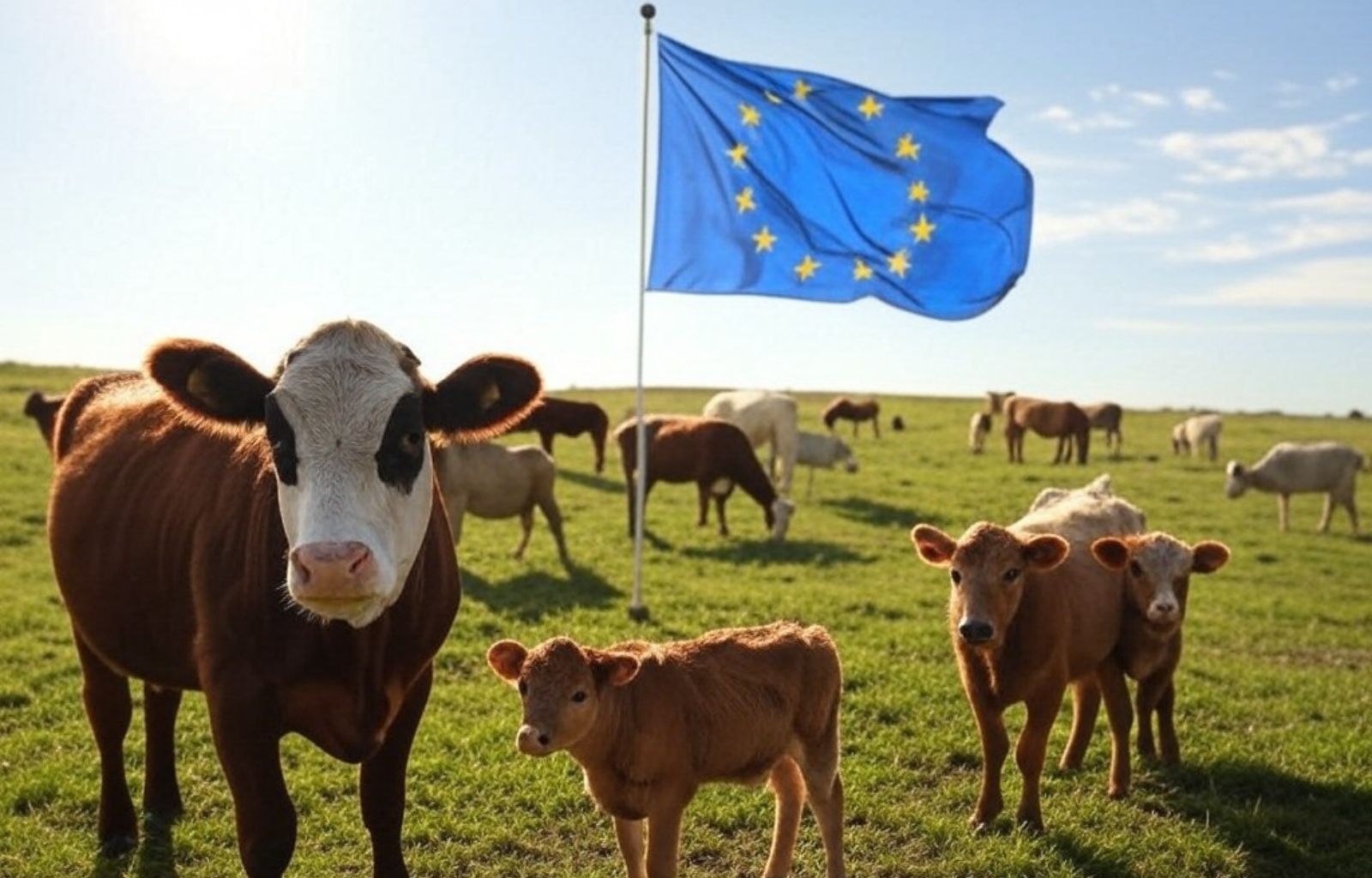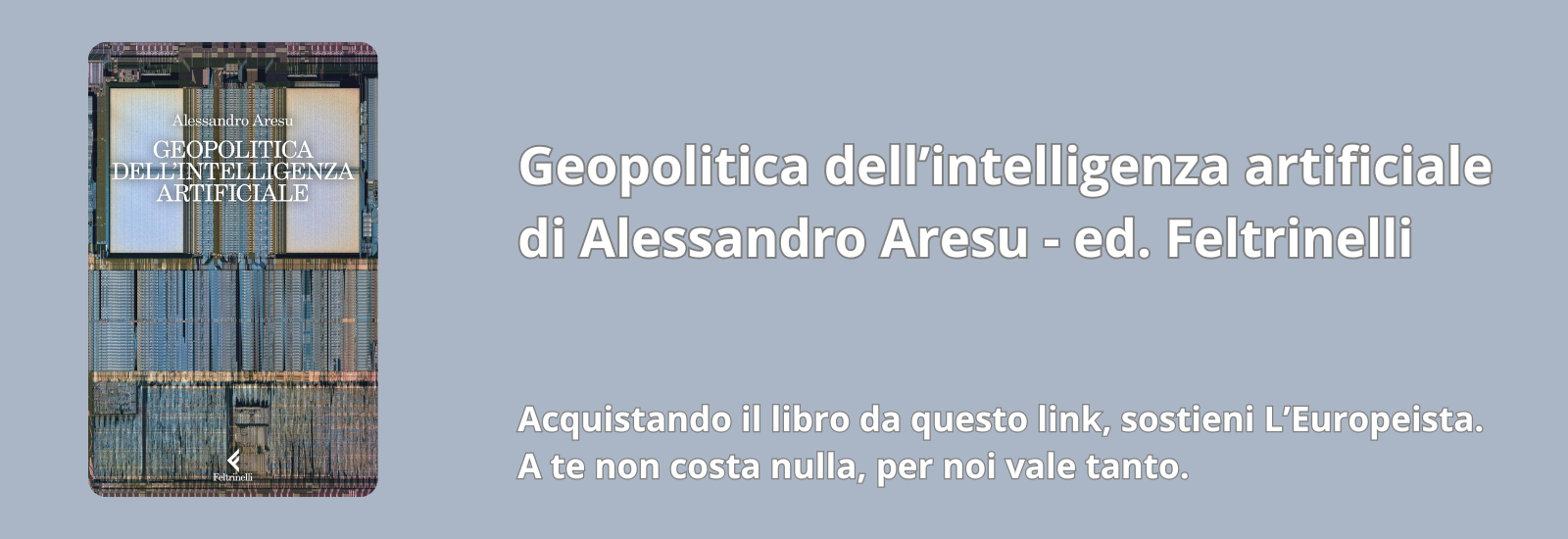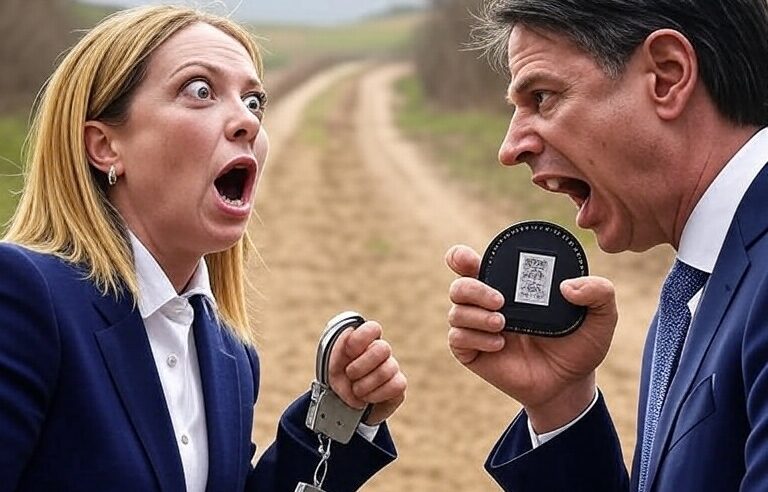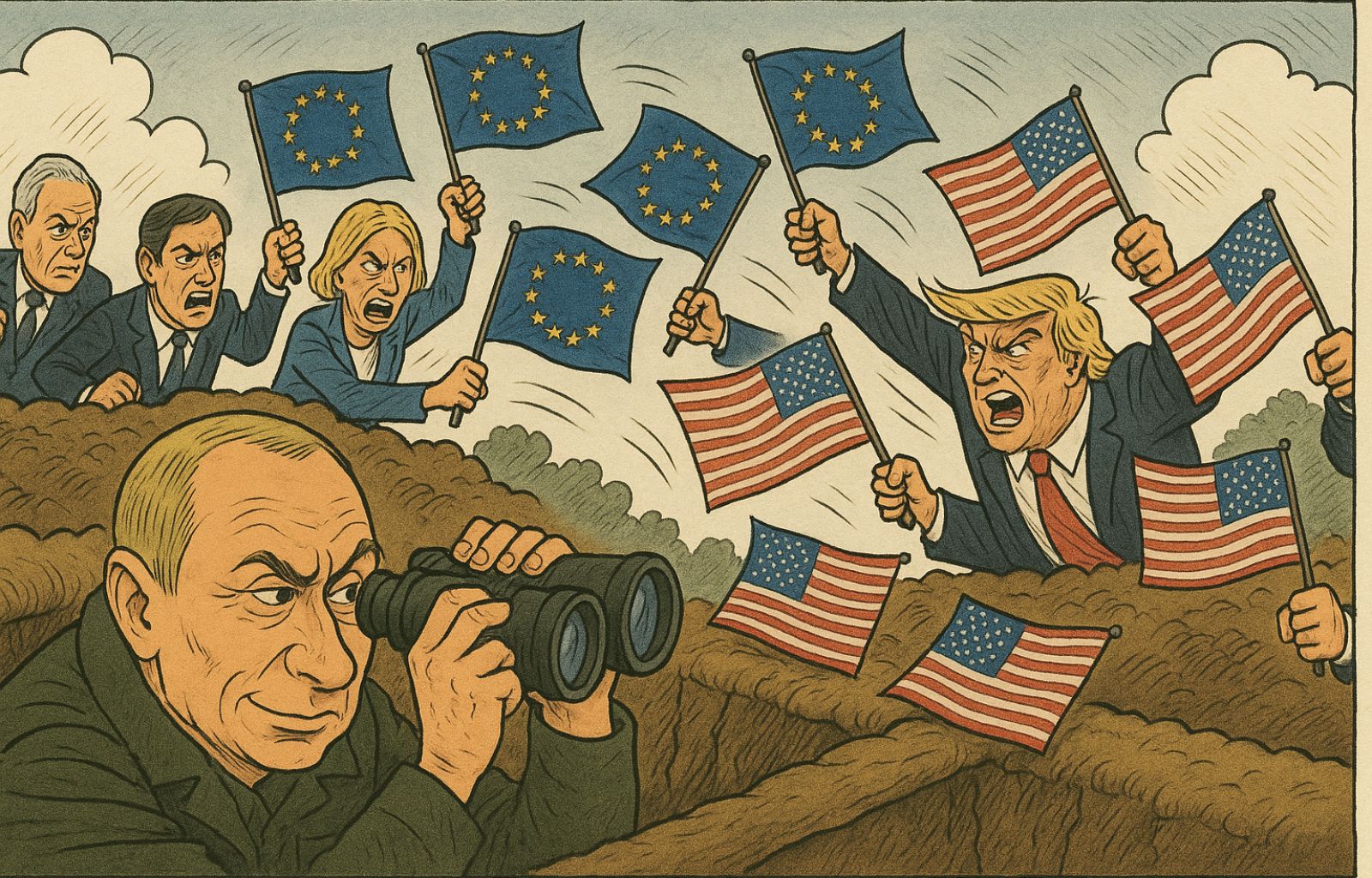The European Union and the focus on animal welfare

‘The civilisation of a people is measured by the way it treats animals‘, this famous phrase by Gandhi is more relevant today than ever. In the context of climate change and a general deterioration of the Planet’s ecosystems, the rules adopted to protect non-humans play a central role. There is no doubt that by now, as certified on several occasions by Eurobarometer, the percentage of citizens, at least in Europe, who pay attention to how animals are treated is constantly growing. On this point, the primacy of the European Union in this particular area of regulation is internationally recognised and the unprecedented appointment of a European Commissioner for Animal Welfare, in the new EU executive, represents a point of arrival but also of renewed interest.
Animals in the Old Continent
United Europe is the first region in the world to have recognised non-human animals as ‘sentient beings’. In fact, in continuity with some constitutional provisions of its members – among them Germany, which included animals in its fundamental law in the 1990s – the Lisbon Treaty of 2008, in Article 13, stipulates that as sentient beings they have needs that the Union must ‘take into account’ in the ‘formulation and implementation’ of policies in various fields, including agriculture, the internal market and research. This provision is an outgrowth of the issue first mentioned back in 1992 in a special annex to the Maastricht Treaty.
The EU, over the decades, has adopted various regulations aimed at protecting, mainly but not only, livestock, i.e. those used in the production of food and other consumer goods. From this perspective, livestock farming, part of the broader – and very well subsidised – agricultural sector, is now under the magnifying glass of climate activists because of the emissions produced that place it at the top of the list of the most climate-impacting production sectors. A negative record that has forced, as public attention has grown, the adoption of ever stricter rules aimed at guaranteeing, for non-humans, minimum conditions of well-being during their (short) life as productive resources.
The unprecedented delegation of animal welfare to a member of the Commission
It is therefore not surprising that the renewed President of the Commission Von Der Layen has decided, for the first time, to institutionalise the issue of animal welfare by adding it to the delegations of the Commissioner for Health. A choice that follows the many initiatives promoted over the years by non-governmental organisations and citizens, aimed at giving more attention to an apparently residual issue that finds a decisive starting point in public morals and technological innovation in production processes.
The decision to unite animal welfare and health is not taken for granted and shows a vision in keeping with the now widespread One Health approach, which sees in the integration of human, animal and planetary health a method of analysis, planning and response to the problems of modern society. From this point of view, the Covid pandemic which, it is worth remembering, originated precisely from a virus resulting from a species jump (animal – human) confirms the topicality of the subject.

A formal and a substantive plan
On an institutional, and one might say political, level, the aforementioned delegation is a certain step forward. It demonstrates attention to the sector, recognition of the relevance of the issue, and a desire to move more swiftly towards the necessary updating of the composite EU regulatory framework. But, as often happens, form often masks little substance. In this sense, the Commissioner delegated is, as anticipated, the Commissioner for Health, the Hungarian Olivér Várhelyi, a long-time politician very close to the Hungarian Prime Minister Orbán.
Without wishing to leave too much room for prejudice, in the light of Hungary’s current policies on migrants and minorities, it seems clear that the prospect of a politician, already a Commissioner for Enlargement, on such a controversial issue with significant economic implications as animal welfare, is bound to clash with popular demands that want more protection and therefore stricter rules for producers. Proof of this can be found in the letter with which the President delegates the matter; many fair references to health policies – on which the EU Treaties confer little competence on the Organisation – and a generic mandate to ‘modernise the rules on animal welfare’ with ‘sustainability, ethical profiles and economic considerations’ as a point of reference, in addition to ‘citizens’ expectations’.
So much thunder that it rained?
The premises do not seem to meet the growing demand for attention from the European public. What is certain is that a step forward has been taken and that a start had to be made somewhere. Expectations are high, there is no shortage of work to be done, and the need for innovation, in a traditionally conservative sector such as agriculture , are the ingredients for a possible regulatory revolution as well as for permanent immobility. To the Hungarian Commissioner, therefore, the arduous task of guiding the future of the sector.













